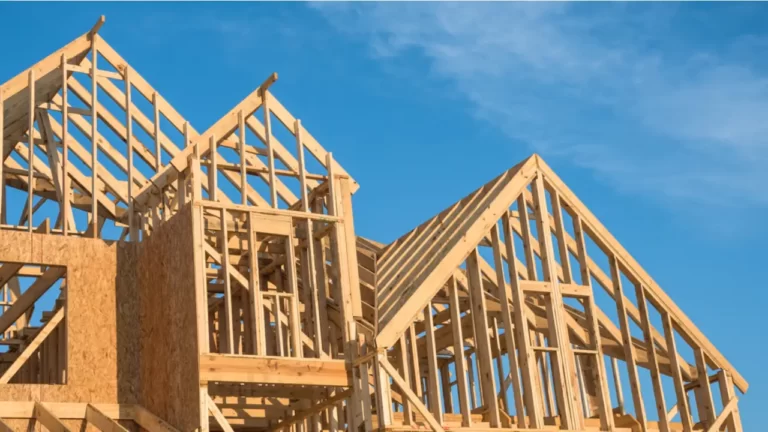If you’re considering a cash-out refinance, you may be wondering whether it’s harder to refinance with cash-out compared to a regular refinance. The short answer is yes, it can be more challenging to get approved for a cash-out refinance than a traditional refinance. However, there are still plenty of options available for those who want to access the equity in their home.
Here are some of the factors that can make it harder to refinance with cash-out, as well as some tips for getting approved:
- Lower credit score: Your credit score is one of the most important factors that lenders consider when approving a refinance. If your credit score has decreased since you obtained your original mortgage, it could make it harder to get approved for a cash-out refinance. Lenders typically prefer to work with borrowers who have a credit score of 620 or higher, but some lenders may be willing to work with borrowers with lower scores.
- Higher loan-to-value ratio: The loan-to-value (LTV) ratio is the ratio of your loan amount to the appraised value of your home. The higher the LTV ratio, the riskier the loan is for the lender. With a cash-out refinance, you are borrowing more than the outstanding balance on your mortgage, which means your LTV ratio will be higher. Lenders typically prefer to work with borrowers who have an LTV ratio of 80% or lower, but some lenders may be willing to work with borrowers with higher ratios.
- More stringent requirements: Cash-out refinances are riskier for lenders than traditional refinances because they involve lending more money to the borrower. As a result, lenders may have more stringent requirements for borrowers seeking a cash-out refinance. For example, they may require a higher credit score, lower debt-to-income ratio, and more documentation than they would for a traditional refinance.
- Higher interest rates and fees: Because cash-out refinances are riskier for lenders, they often come with higher interest rates and fees than traditional refinances. This can make it more expensive to refinance with cash-out, which can be a barrier for some borrowers.
Despite these challenges, there are still many benefits to completing a cash-out refinance. If you have built up equity in your home, a cash-out refinance can allow you to access that equity to pay off debt, make home improvements, or invest in other opportunities. Here are some tips for getting approved for a cash-out refinance:
- Improve your credit score: If your credit score is lower than you’d like, work on improving it before applying for a cash-out refinance. Pay your bills on time, keep your credit utilization low, and dispute any errors on your credit report.
- Build up your home equity: The more equity you have in your home, the easier it will be to get approved for a cash-out refinance. Consider making extra mortgage payments, making home improvements that increase your home’s value, or waiting until your home appreciates in value.
- Shop around: Different lenders have different requirements for cash-out refinances. Shop around to find a lender who is willing to work with you and offers competitive rates and fees.
- Consider a smaller cash-out amount: If you’re having trouble getting approved for the full amount you want to cash out, consider scaling back your request. A smaller cash-out amount may be easier to get approved for and can still provide the funds you need for your financial goals.
In conclusion, while it can be more challenging to refinance with cash-out, it’s still possible to access the equity in your home through this type of refinance. Understanding the factors that can make it harder to get approved and taking steps to position yourself by improving your middle credit score while building your home equity allows you to complete the cash-out refinance process with ease.







